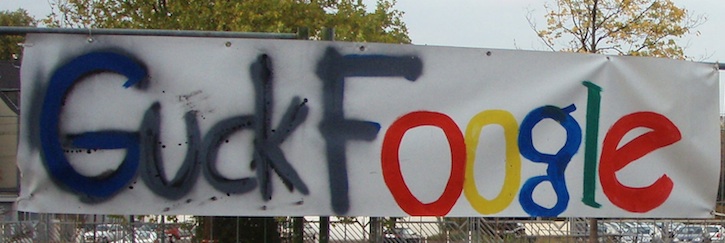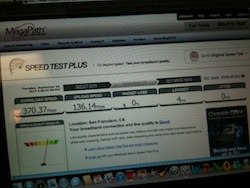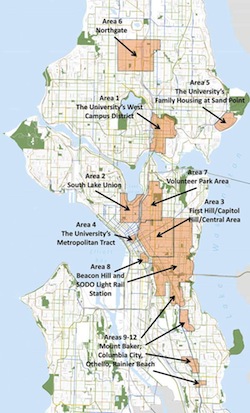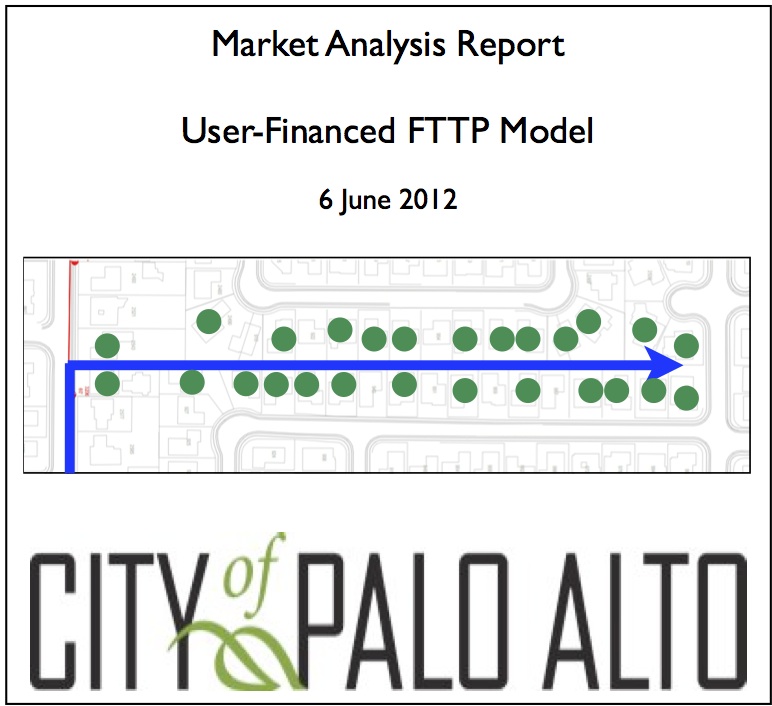Cable franchise audit finds underpayment, misuse of fees
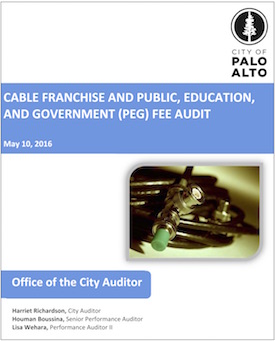
Click for the full story.
California cities and counties don’t have much to say about the service cable companies provide and the prices they charge for it. When the state took control of cable franchises with the 2006 Digital Infrastructure and Video Competition Act (DIVCA), local governments were largely pushed out of the regulatory picture.
But not completely. Cities can still collect a franchise fee of up to 5% of gross video revenue and another 1% to pay capital equipment costs for public access channels.… More

